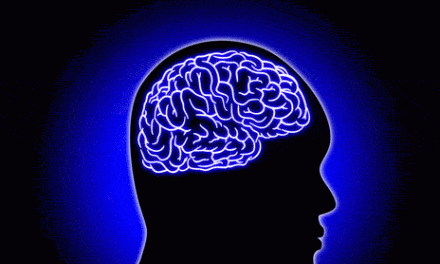For patients with vestibular migraine or nonmigraine vestibular dysfunction, vestibular rehabilitation (VR) might help reduce symptoms and improve quality of life, according to a study recently published in the Brazilian Journal of Otorhinolaryngology.
Ahmet Koc, from the Acıbadem Mehmet Ali Aydınlar University, and Elvan Cevizci Akkılıc, M.D., from the Acıbadem Kozyatagı Hospital, both in Istanbul, Turkey, examined the effects of VR for vestibular symptoms and quality of life in patients with vestibular migraine or nonmigraine vestibular dysfunction (30 participants in each group). Patients received 18 sessions of VR during 1.5 months.
The researchers found that the Dizziness Handicap Inventory score, Vestibular Disorders Activities of Daily Living Scale scores, and frequency of dizziness and headache scores were significantly improved with VR in both the vestibular migraine group and the vestibular dysfunction group. Both patient groups had higher posttreatment versus pretreatment scores for Computerized Dynamic Posturography results.
“In patients with vestibular problems with or without migraine who underwent VR, a significant improvement was observed in subjective and objective balance assessment measurements after treatment,” the authors write. “VR must be considered in patients who do not benefit from medical therapy or have limited benefit.”
[Source(s): HealthDay, MedicalXpress]




